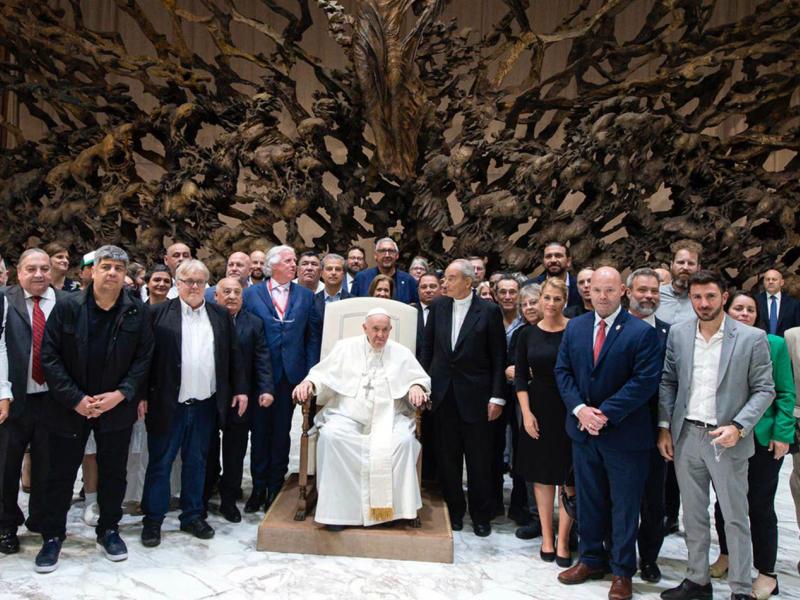“The COVID-19 pandemic has been unlike any other external shock encountered by the global aviation industry. Border restrictions and quarantine measures have devastated the aviation industry, and hundreds of thousands of jobs have already been lost,” said Joseph Tiberi, ITF Civil Aviation chair.
The prolonged coronavirus pandemic has left many airlines and companies across the aviation industry fighting for survival. This crisis for workers, like the crises we have seen before, has been fuelled by issues that have plagued our industry for years that the ITF and our affiliates continue to campaign to rectify.
Deregulation and liberalisation, the subcontracting and fragmentation of labour and oversupply of low-cost flights have contributed to worsening pay, conditions and health and safety for aviation workers.
“We recognise that there is a long road ahead to recover from this current crisis, but it is vital to build back a better, safer and more sustainable aviation industry that puts workers first. We cannot win this fight alone. It is vital for us to share our ideas, thoughts, experiences and solidarity across borders – this is the goal of ITF Aviation Week,” said Tiberi.
ITF General Secretary Stephen Cotton said today that ITF Aviation Week was a critical forum for global aviation unions to share best practice on innovative ways to protect jobs and workers’ hard-fought-for terms and conditions.
“The Covid-19 pandemic has ripped apart the very functioning of the aviation industry. Right now, the international solidarity that underpins ITF’s core principles is more important than ever,” said Cotton.
“Trade unions this week will develop strategies to ensure that a voice for workers is central in the industry’s recovery - through tripartite aviation recovery bodies. The health and safety of aviation workers and passengers must be at the heart of recovery efforts. Workers must be at the table to self-determine their future of work. Only a collective response today can guarantee a sustainable aviation industry of tomorrow,” concluded Cotton.



